‘Kindness and not being afraid to be kind,’ says New Zealand prime minister Jacinda Ardern, is the key to her leadership. Try telling that to the family of a 12-year-old from the Philippines, who has been banned from moving to New Zealand due to potential costs to the country’s healthcare system associated with her autism.
For half of her life, Arianna Alfonzo has lived away from her father, a construction industry worker in Auckland. Her mother, Gail Alfonzo, has stayed with Arianna overseas. Both parents have permanent residency status in New Zealand. A #LetAriannaStayNZ petition, which has got over 2,000 signatures, follows a nearly 35,000-signature petition submitted to Parliament last year. But still Ardern’s government refuses to back down.
Arianna was denied a visitor visa in 2018 after she was deemed not to have met the ‘acceptable standards of health’. She fell foul of an immigration policy that considers whether a person would cost the nation’s special education or healthcare systems more than $41,000 (£23,170) over five years.
The Alfonzos sought a reprieve late last year from the associate immigration minister, citing cases in which families with autistic children have been initially denied a visa but later granted an exception. Her mother wants visa applicants to be assessed according to their contributions to society, skills, and family ties, not according to their potential costs to health and education services. The response: ‘I have carefully considered your representations. I advise I am not prepared to intervene in this case.’
‘Immigration matters,’ the Government noted last month when it replied to the petition, are ‘inherently discriminatory as individuals will need to be treated based on personal characteristic. While the Government values the contributions of disabled people to New Zealand society, the current immigration health settings are appropriate because they focus on public health impacts. The Government considers that it is necessary to retain these settings to ensure that we do not significantly impact New Zealanders in the long-term.’
How does this fit with the image Jacinda Ardern likes to present of her Labour government? Ardern’s political leadership has always emphasised empathy and authenticity. Insofar as Ardern has a distinctive political agenda, it is centred on the virtue of kindness.
‘I want this government to feel different,’ Ardern stated at the beginning of her administration. ‘I want people to feel that it’s open, that it’s listening and that it’s going to bring kindness back…If people see they have an empathetic government I think they’ll truly understand that when we’re making hard calls that we’re doing it with the right focus in mind.’
Asked if there was a central guiding philosophy, she was clear. ‘Empathy is the one thing that I think that’s your foundation, that’s your grounding, and we’ll keep ourselves in constant check.’
These attributes provided welcome emotional leadership to many Kiwis in the raw moments following the Christchurch mosque attack in 2019 and the outset of the pandemic. But they are hard to square with the country’s harsh immigration policy. It’s true that this medical health criteria makes economic sense. It is also less draconian than Australia’s policy, which sets the threshold for possible healthcare costs lower (to $21,000 (£11,000), over a similar period) when it comes to judging whether a person is eligible to be allowed to live there.
Nevertheless, the Alfonzo family’s situation jars somewhat with the government’s ethos of kindness. Ricardo Menéndez March, the Green party’s immigration spokesman, speaking on behalf of the family has said: ‘We’ve been very clear that this policy borders on modern-day eugenics,’ adding that disabled immigrants shouldn’t have to seek help from MPs or the media to justify their value to society. ‘It’s a deeply dehumanising process.’
Will Ardern’s government finally demonstrate the kindness its leader likes to preach about and allow Arianna to come home?
Got something to add? Join the discussion and comment below.
Get 10 issues for just $10
Subscribe to The Spectator Australia today for the next 10 magazine issues, plus full online access, for just $10.

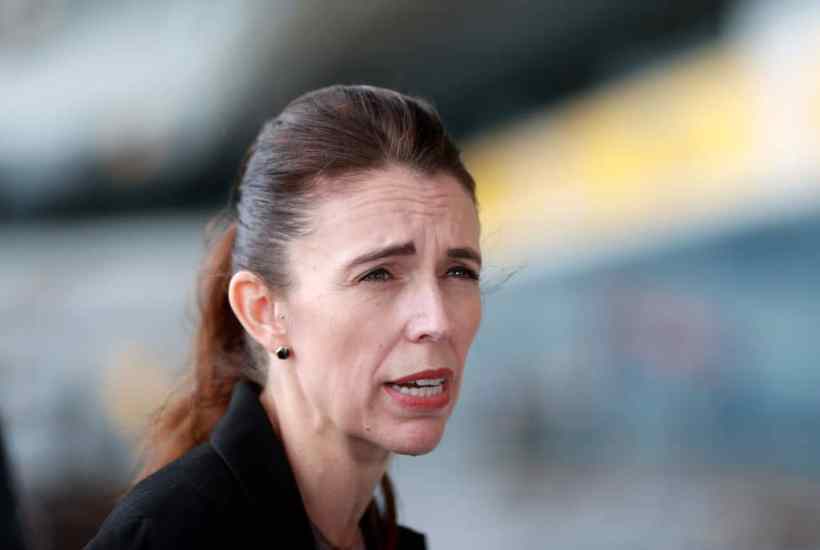


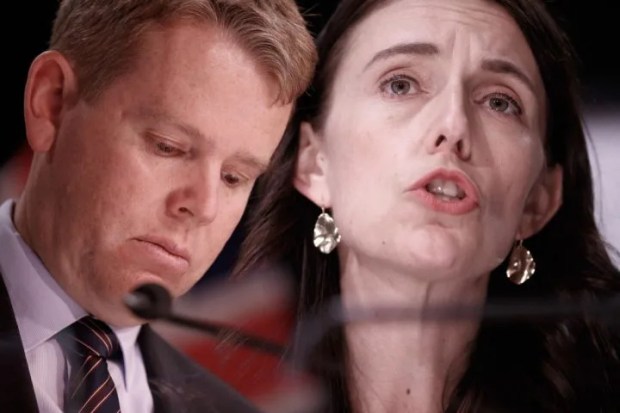
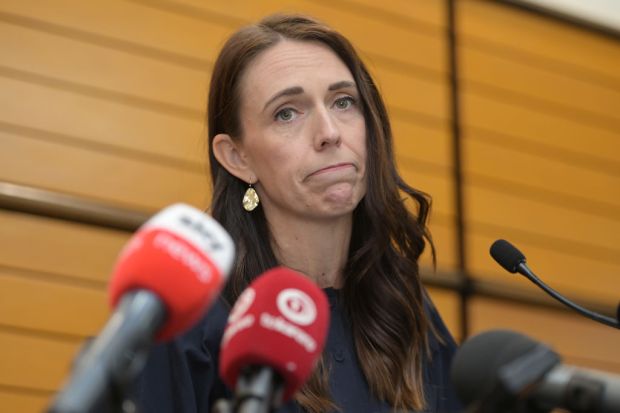
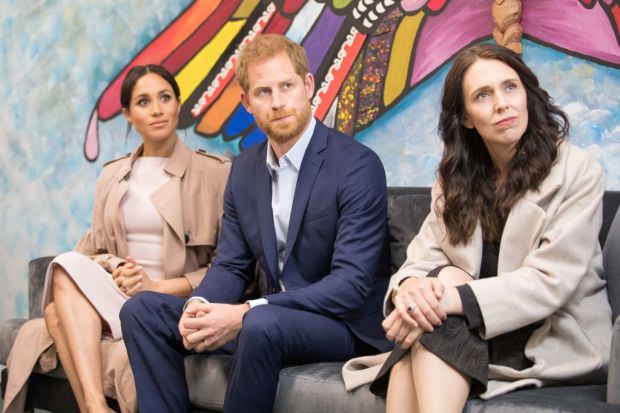
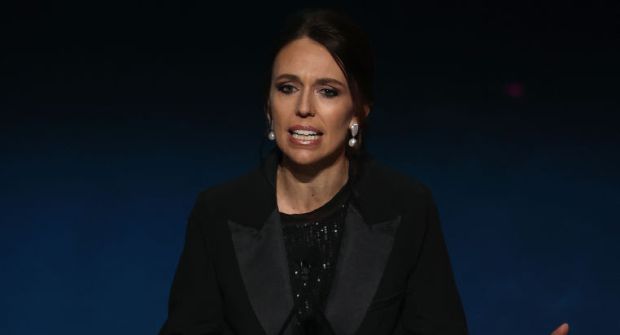






Comments
Don't miss out
Join the conversation with other Spectator Australia readers. Subscribe to leave a comment.
SUBSCRIBEAlready a subscriber? Log in